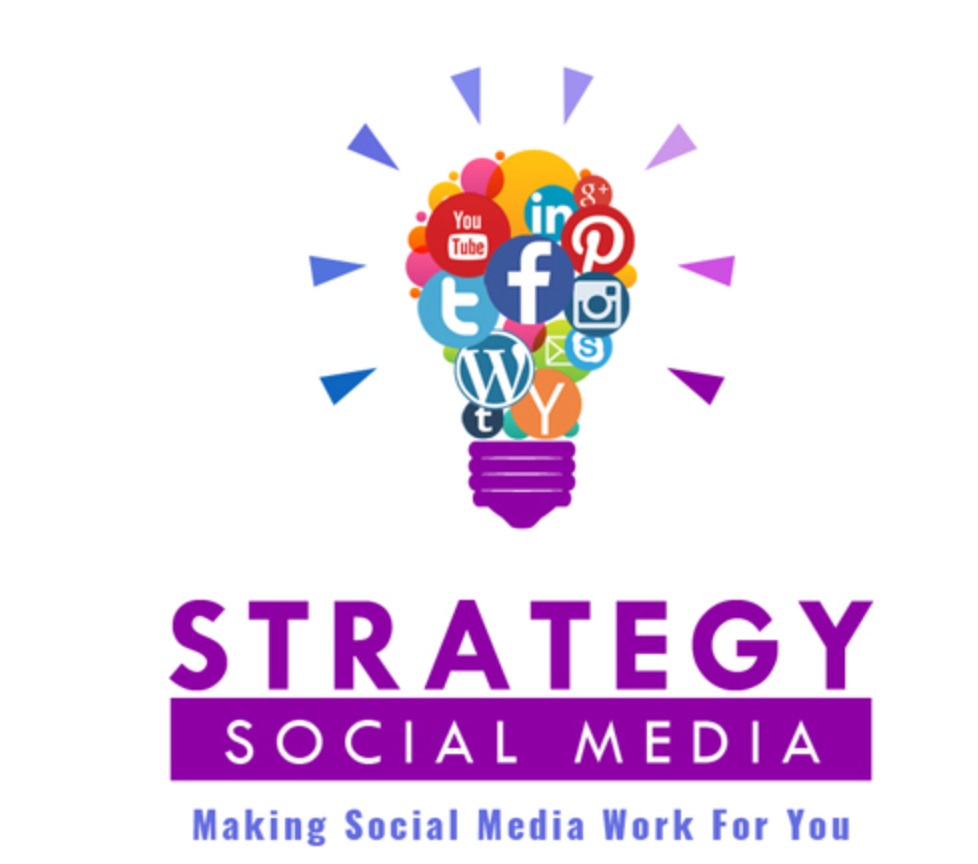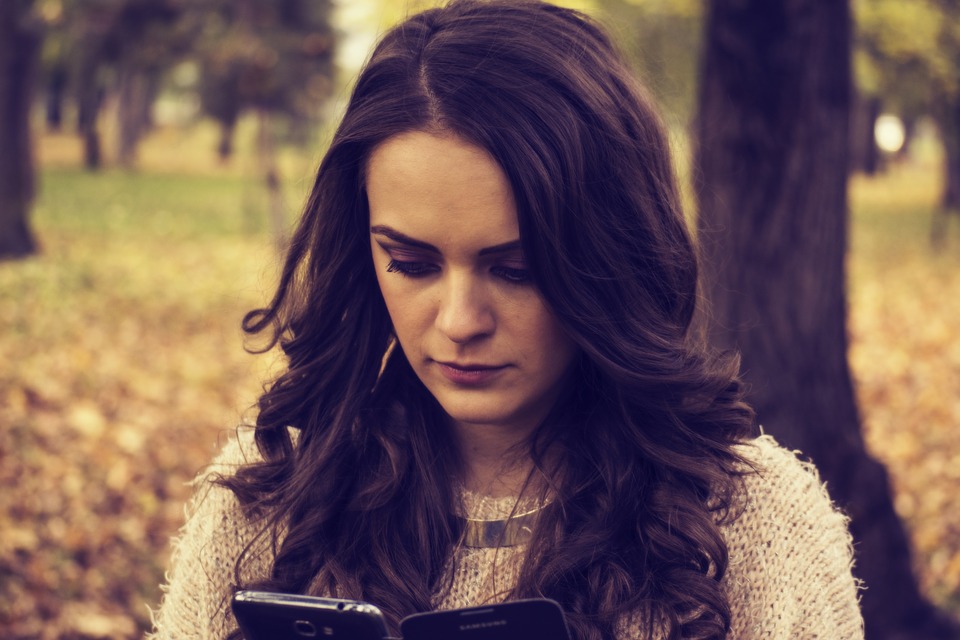Recently it was “Mental Health Week”, so I thought I’d talk about an issue that is less well known: The effect that Social Media can have on mental health.
Social media has drastically changed the way we do everything, and especially the way we communicate. Everything is instantly accessible at the click of a button. Whether you want to look at world news, or communicate with a friend on the other side of the planet. Whilst this all sounds very nice on paper, it seems to be having a very detrimental effect on people’s mental health. Especially young people.
Social media is a powerful tool that provides a platform for everyone’s voices to be heard and enables us to voice our opinions on the matters that affect or interest us. It also great at bringing people together and helps raise concerns about particular issues. An example is when Rachel Beckwith’s birthday wish came true and she was able to raise $1,265,823 to help young children in Africa to have clean water. She was able to raise awareness and convince people to donate to the charity.
With so many good uses of Social Media, why is it affecting young people in such a bad way?
Social Media and Self Esteem
The problem lies in the fact that Facebook, Instagram, Twitter etc. are all just a filtered perception of what reality is really like. People tend to share their “Happy Moments” and the highlights of their life. This can lead to a person critically comparing their life with other people’s and using others’ posts as measures for successes and failures in their own life. For somebody with depressive tendencies, continuously scrolling down what is basically a catalogue of peoples happy moments. And this is only going to send them into a downward spiral of self-pity and low self esteem. The effects of over-use of social media on self esteem are undeniable, for example here is a study. https://sites.psu.edu/aspsy/2016/03/14/social-media-affects-self-esteem/
Social Media and Social Anxiety
Ironically, “Social Media” isn’t actually helpful for “Social Anxiety”. This is because it doesn’t have the same satisfaction and element associated with real human interaction, which is a crucial human need. This is not a good thing for those who become dependent on social media as it can lead to social anxiety. Those who are already suffering from this problem will find it even more difficult to indulge in face-to-face interaction. Real human interaction can become extremely scary for people as it is becoming normal to hide behind phone screens. Therefore not interacting with the “real world” at all.
Social Media Addiction and its effect on Mental Health
When we hear the word “addiction”, we immediately think about drugs or alcohol. But Social Media can be extremely addictive too and have adverse effects on your health. Studies show that when you get a notification, text, like or share you actually get a small release of dopamine, which is the reward centre in your brain. It is responsible for the “good” feeling you get from food, exercise, sex, drugs etc, which is why all these things are considered addictive.
So that explains the reason why it is so addictive, but why is that so bad for you? Surely being addicted to Facebook is better than, say, crack cocaine? The trouble with being glued to your phone all of the time is that it will affect how you sleep, as having a big shiny screen in your face when you should be winding down will stop your brain producing the sleep hormones it needs. If you want to read more about how technology can affect your sleep, click here.
So what is the solution?
Sadly there’s no easy answer to this. It’s far more complex than telling young people to “use your phone less,” or “take less notice of other people’s lives,” because how likely are they to listen? What we need to do is raise awareness about these issues and not be afraid to talk about it. Thankfully mental health in general is far more talked about now than it ever has been before. If you yourself are suffering, or think somebody you know may be, don’t be afraid to speak out…
MIND: 0300 123 3393.
Samaritans: 116 123.
CALM: Outside London 0808 802 5858, inside London 0800 58 58 58.
Tom Duffy
If you want to know how to protect yourself from instagram hackers, click here

